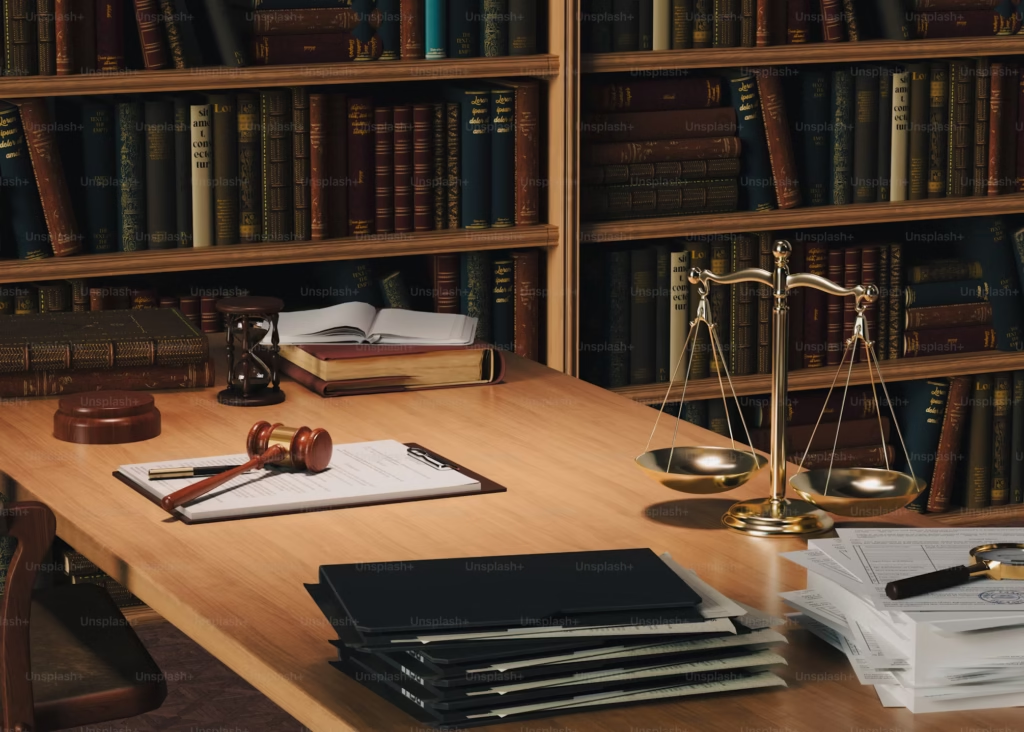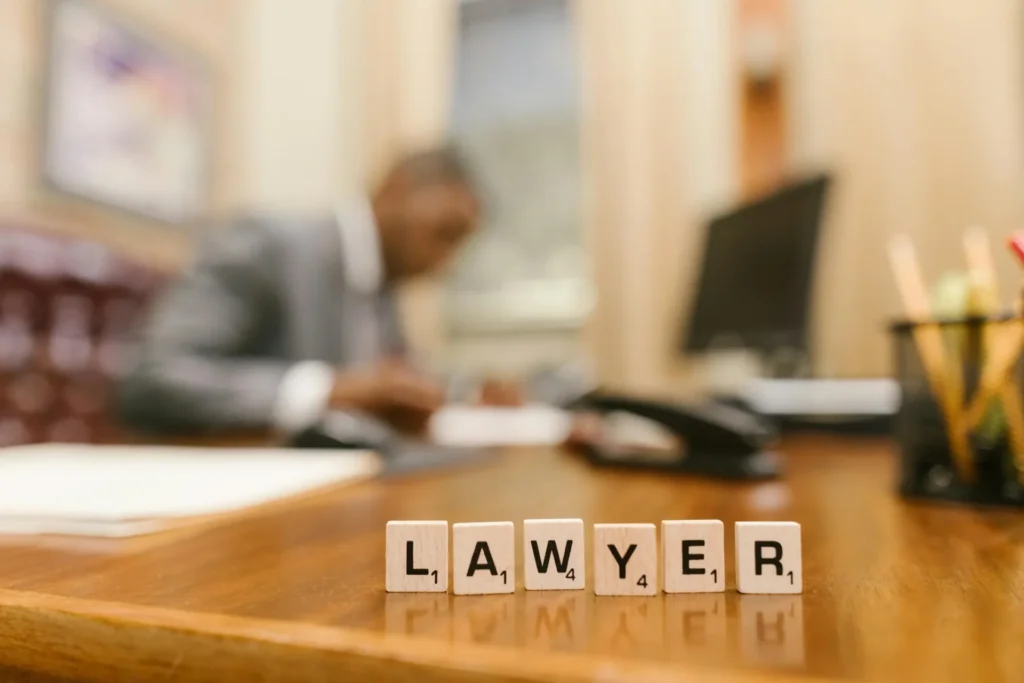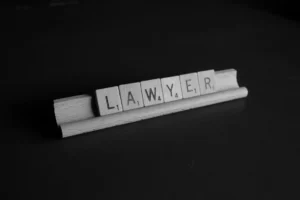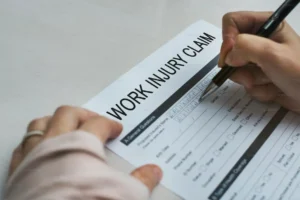Disclaimer: This article provides general information about comparative negligence and personal injury settlement. It is not legal advice. Please consult a qualified personal injury attorney for guidance specific to your case
Accidents happen quickly, and the details are often unclear at the moment. Whether it’s a car crash, a slip and fall, or an injury on someone else’s property, many people wonder what happens if they share part of the blame. Can you still pursue a financial settlement if you may have contributed to what happened? The good news is that in states like Connecticut, Massachusetts, and New York, being partially responsible does not automatically stop you from recovering damages. With the right legal strategy, you may still be eligible for compensation.
Understanding your options begins with knowing how fault is evaluated in personal injury claims. A qualified attorney can help reduce the amount of responsibility assigned to you, which can significantly impact the settlement you receive. If you’re unsure where to begin, a firm like Trantolo & Trantolo personal injury law firm, can assess your case and help you build a strong claim from the start.
What Is Comparative Negligence?

Comparative negligence is a rule of law applied in accidents where more than one person can be accountable Instead of denying compensation to anyone who shares fault, this rule allows for a more flexible approach. Your total compensation may be lowered by your percentage of fault, but you can still recover money if your level of blame stays within certain limits.
Connecticut and Massachusetts use a “modified comparative negligence” rule. This means you can receive damages if you are not more than 50% responsible for the accident. You cannot recover compensation if you are found to be 51% or more at fault. In New York, the rule is more forgiving. Even if you are mostly to blame, you may still recover a reduced settlement under the “pure comparative negligence” standard.
These rules are especially important if your case involves conflicting stories, limited evidence, or multiple parties. Insurers and defense attorneys almost always try to shift blame onto the injured person to avoid paying a full settlement.
How Fault Impacts Your Settlement Amount

When you pursue a personal injury settlement, your total compensation reflects how much fault you carry for the incident.For example, if you get awarded $100,000 but are deemed 30% liable, you will instead receive $70,000. Every percentage point matters, so working with someone who can push back against unfair accusations is essential.
The 2018 case of Rodriguez v. City of New York shows a real-world example of how fault impacts recovery. Carlos Rodriguez, a sanitation worker, was seriously injured when a co-worker accidentally reversed a truck, causing a parked car to strike him. Although questions were raised about whether Rodriguez contributed to the accident, the New York Court of Appeals ruled that a plaintiff does not need to prove they were entirely free of fault to seek partial summary judgment. Under New York’s pure comparative negligence rule, even if a plaintiff is partly to blame, they can still recover compensation, reduced in proportion to their level of fault.
This case highlights why understanding your state’s comparative negligence laws is crucial and why working with a skilled personal injury lawyer who can help protect your rights and argue for a fair assignment of fault is essential.
How a Personal Injury Lawyer Helps Reduce Fault

Working with a savvy attorney can make a significant difference in assigning fault. When you hire legal counsel, you gain access to someone who can protect your interests from the start of your case.
A personal injury lawyer can help you by:
- Conduct a detailed investigation into the incident. You must know all the factors that could have contributed to it.
- Interviewing witnesses and obtaining surveillance footage or other evidence
- Communicating with insurance companies to prevent misstatements or admissions
- Consulting with accident reconstruction or safety experts to strengthen your claim
- Arguing for a fair assignment of fault based on all available information
Your lawyer’s job is to ensure your story is heard and supported with credible evidence. This process can significantly reduce the blame assigned to you and increase the compensation available.
Don’t Let Shared Fault Keep You from Filing a Claim
Many injured individuals assume that sharing blame means they don’t have a valid case. This belief can cost them the compensation they need to recover. If you’ve been injured in any accident, it’s worth speaking to an attorney before making any decisions. Connecticut, Massachusetts, and New York laws are designed to account for real-world situations where more than one person is at fault.
The sooner you reach out, the more time your lawyer has to build your case and prevent others from controlling the narrative. Insurance companies often move quickly to limit their exposure, so having someone on your side early can help level the playing field.
Talk to a Lawyer Today About Protecting Your Rights
If you were hurt in an accident and think you might be partly responsible, don’t assume that means you have no options. An experienced personal injury lawyer can review your case and fight to protect your financial recovery. Reach out to a reputable local litigation firm and get on the course to recoup your opportunity to secure a financial recovery.












